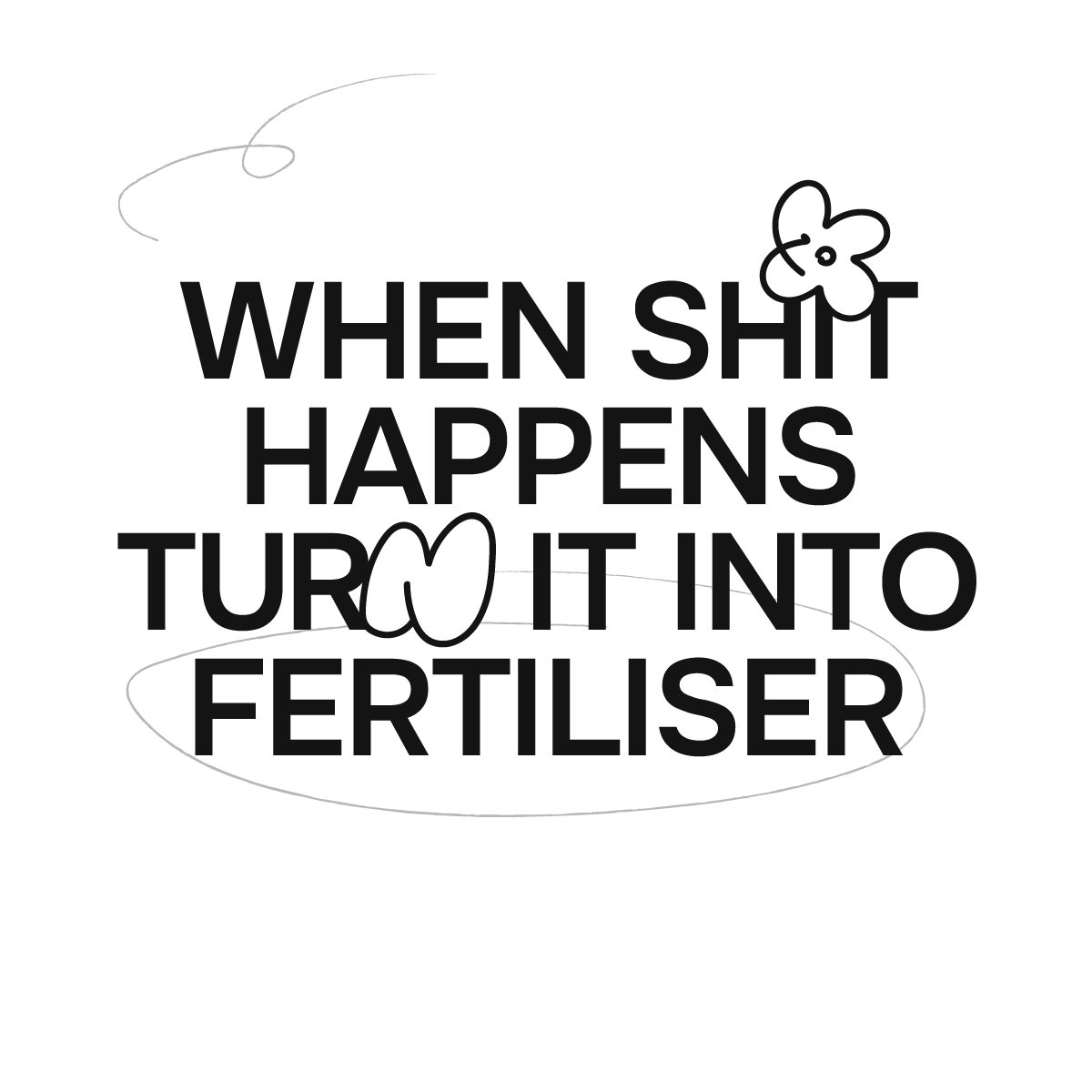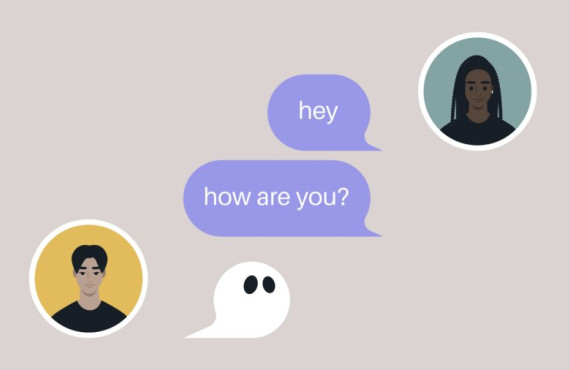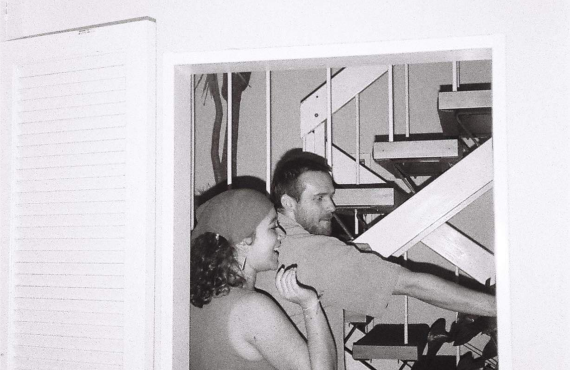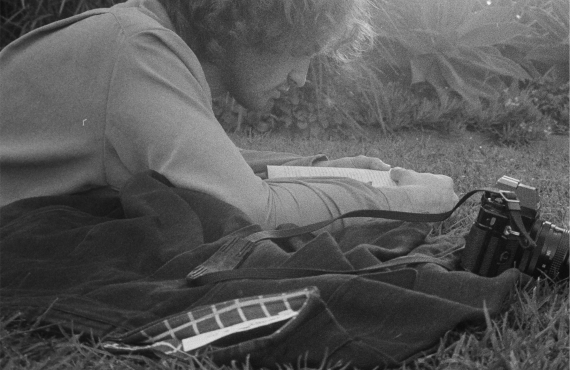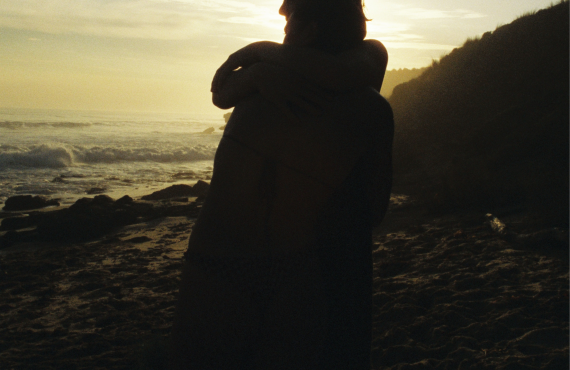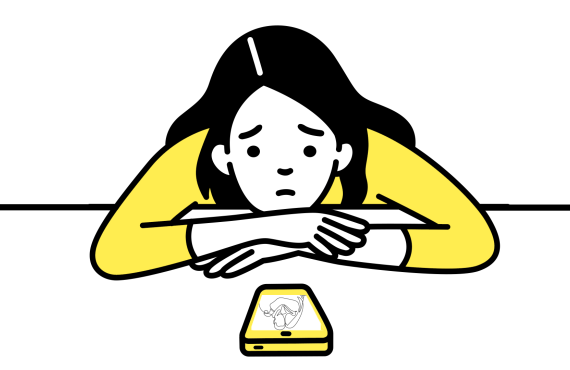Worried about your break-up affecting your social circle?
By Rachel Barker
First published on VICE.COM

Break-ups have the potential to shake up your social circle, especially if you’re in the same group, but that doesn’t have to be a bad thing.
How might my friends respond to a break-up?
Even without meaning to, your friends (along with whānau and co-workers) can end up being involved in your relationship – and there are a bunch of ways this can pan out.
If you and your ex are in the same circle, you might find that there is some awkwardness and division. It’s natural that the people each of you are closest to will gravitate towards supporting you during the break-up.
But, you can’t expect this. Over time dynamics shift and change and just because someone was your friend first, it doesn’t mean they want to lose your ex as a mate and abandon them.
If people do pick sides, the divide can grow wide and result in everyone falling out, which is something many couples who share friends feel afraid of.
In a “worst case scenario,” if you entered a new group and they became your friends because you were dating someone, it is possible that you won’t maintain a friendship with them. It doesn’t mean that no one liked you or that they hoped you’d break up, just that your bond with those people is not as strong as your ex’s. This can even happen if your ex grows closer bond to your own friends, leading you to be isolated.
Negative reactions from people are more likely if your relationship has ended badly. When someone has clearly harmed the other person more, such as cheating, this can often lead to most people supporting the person who has been harmed and exiling the person who has cheated.
All of that stuff aside, there’s also the matter of how your friendships are different now you’re single. Some of your friends might be so excited to spend more time with you and develop a closer bond, but others may feel resentful that you’ve neglected them during the relationship.
What can you do to make it as painless as possible?
In all the above situations, communication and acceptance are key.
Where possible you can try to establish healthy boundaries with your ex about how much time you each spend with your friends – keeping in mind that it’s not just your opinions that matter, but your mates too – and communicate these things openly with your circle.
No one is feeling embarrassed for you or pissed at you for your relationship ending, and being able to share honestly about your concerns and needs helps everyone handle it better.
Where friendships may have suffered, try to see where you may have neglected or overlooked people and make the effort to patch things up and show that you’re sorry. You might have to ask for support from people who you’re not close to anymore, so it’s really important you also recognise where your support of them might have been lacking while you were in a relationship.
While you can’t tell your friends or ex what to do, you can at least try, and be open to your efforts not paying off. You might want to keep hanging with their friends but discover they don’t want to hang with you, and that’s fine. You might want to stay in the same circle and your ex doesn’t, and that’s fine too. Accepting that there are a lot of cogs in the machine and that you don’t have control over them all will make the whole process much easier to deal with.
And remember, there are always more people to meet and grow with and love. If a friend group hasn’t supported you, then it’s best to move on and put your energy into new people. Developing friendships takes time, but you can do it again.
